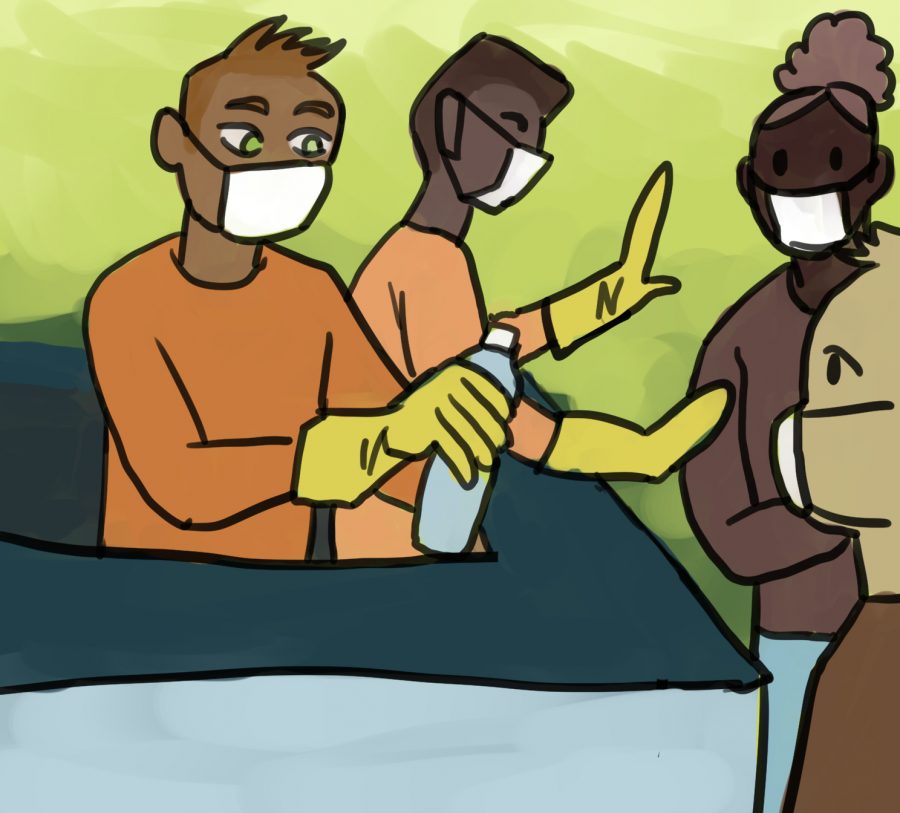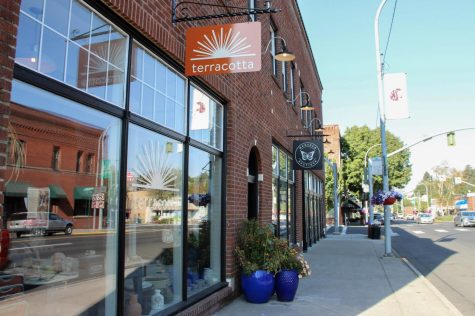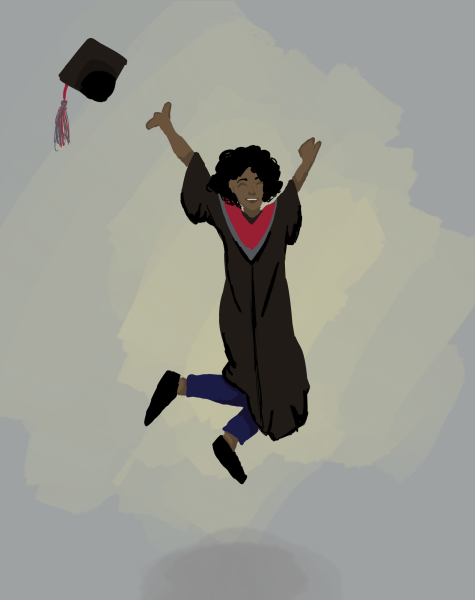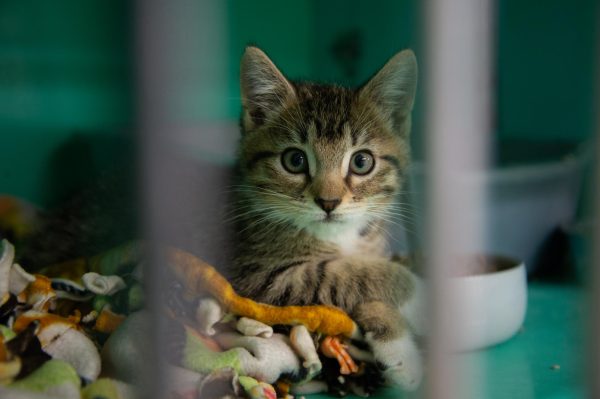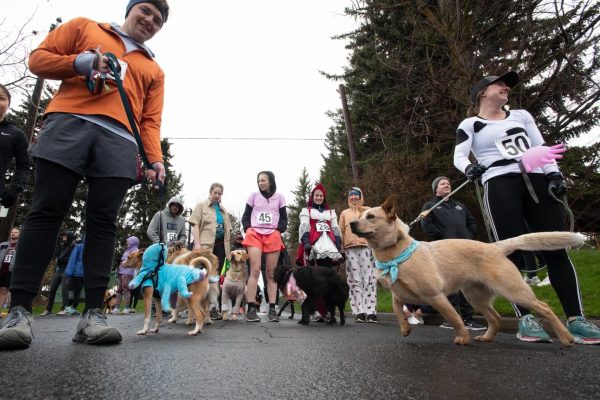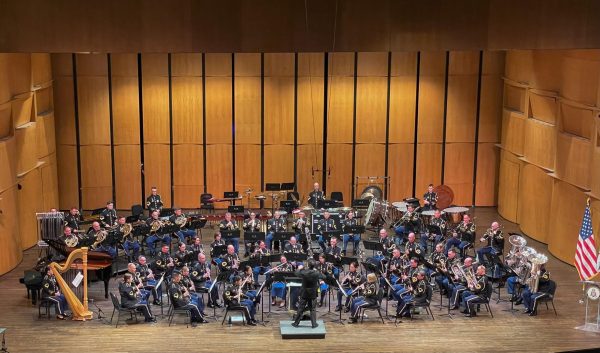Ways to help: what you can do for your community
April 21, 2020
It’s hard when you’re (hopefully) stuck at home in the midst of a global pandemic and there’s not much you can do to help without putting yourself or others at risk. Pullman nonprofits haven’t slowed down though, and there are still ways to help them out whether we want to go outside or not.
United Way of Whitman County set up a community relief fund for other local nonprofits last Thursday. Eric Fejeran, director of United Way of Whitman County, said the fund is close to $30,000, and their committee will soon meet to decide how the funds will be disbursed.
“What we’re hearing from a lot of our nonprofit partners is that their operational budget for staff is being incredibly impacted right now with the reduction in services … donations and grants,” Fejeran said.
They’ve also set up a Facebook group for people that need food, donations or other services. Fejeran said face masks are asked for more than anything, and a good way students at home can help is by making and donating face masks to hospitals, police departments, fire departments and other places that are asking
Fejeran said the biggest way students can help out is by staying home and staying safe.
“I’m sure everybody’s sick of hearing about the social distancing guidelines but that really cannot be said enough,” Fejeran said. “All the experts say that that is going to have the largest impact in making sure this curve is flattened.”
Community Action Center in Pullman is still running their food bank, but they’ve switched to a curbside delivery service rather than having people come inside. Executive Director Jeff Guyett said CAC is still maintaining their affordable housing projects and securing hotel rooms for emergency COVID-19 housing. They’re also planning a campaign to provide takeout food for low-income residents.
Guyett said their staff has been split into two alternating teams to limit contact and has received more grant money to give to people in need and fund small businesses and microenterprises. However, Guyett said it can be a struggle managing who’s eligible and how to distribute those funds with smaller teams.
Guyett said CAC is looking for volunteers, especially during their food services, who are willing to be at a little higher risk for exposure. He said volunteers are required to take safety precautions and there are opportunities to volunteer inside the food bank where the risk of exposure is even lower.
Besides that, Guyett said monetary donations and volunteering wherever else you can are also helpful.
“It’s really important for the community to know that we plan to continue until we’re through this thing.” Guyett said.
Alternatives to Violence of the Palouse is working remotely now, but they’re still helping people as much as they can. Alyda Jaegerman, sexual assault advocate for Idaho, said that one of their priorities is to help out people stuck at home in toxic situations, who might be having more trouble coping in quarantine.
Jaegerman said students can help by spreading the word that they’re still open to anyone who needs them, and spend some time learning about sexual assault.
The Office of Access and Opportunity has been working with the Office of the Dean of Students in coordinating donations for the food pantry. Principal assistant Anna Schilter said they’ve been working with ASWSU and advisers to continue supporting students and providing them with food, hygiene and safer sex items.
“This is all just a continuation of the project the Women*s Center and the Office of Access and Opportunity already started,” Schilter said.
Donations to the food pantry can be made through the WSU Foundation website.

